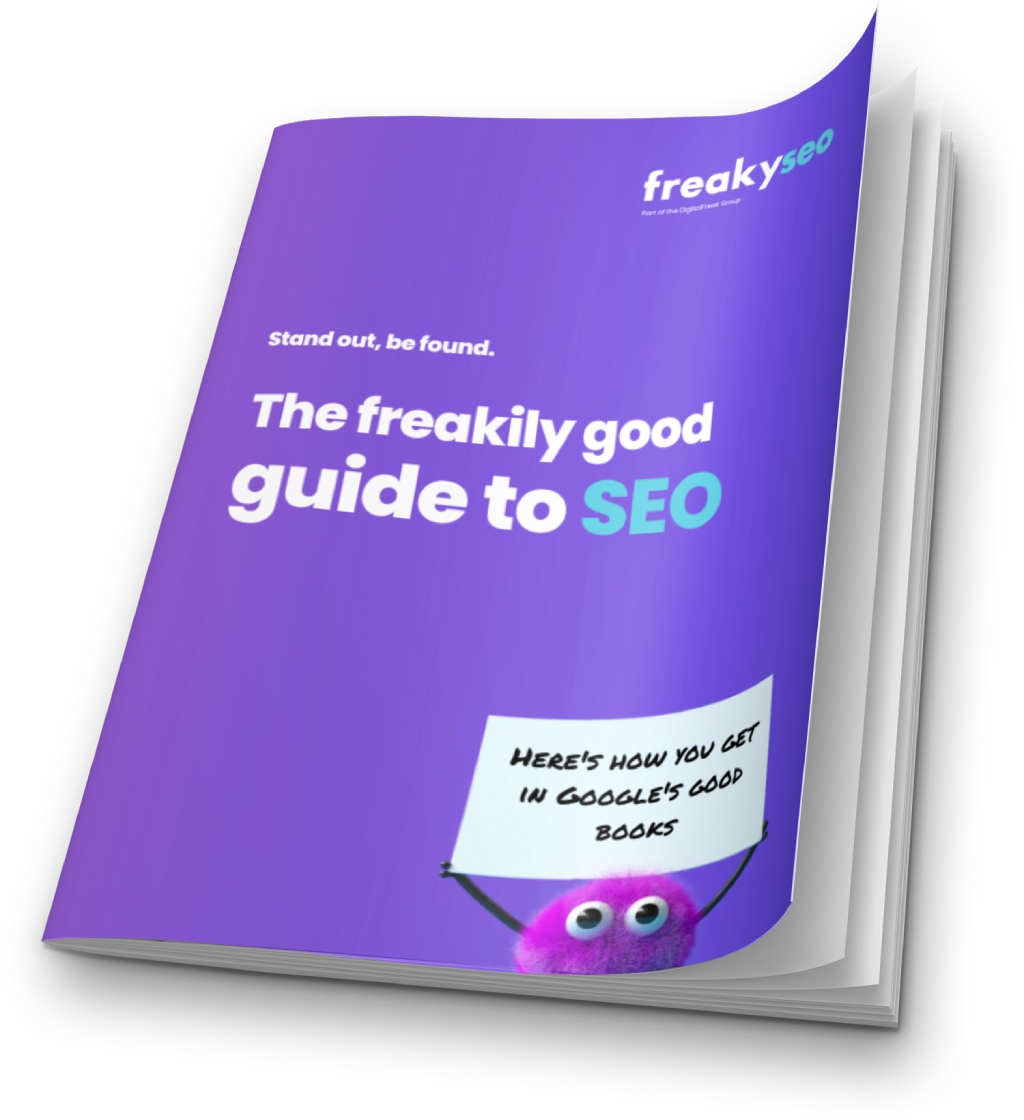Are we living in a dystopian sci-fi movie? We have become a globe of people speaking into their devices, many of which now have names, fully recognise the cadence and lilt of our voice, and answer our every query. Whether you want to know tomorrow’s weather forecast or the name of that actor in that TV show, your device can provide answers. Is this the demise of the human race or an improvement? What now for SEO and marketing campaigns carefully sculpted around commonly typed phrases?
All is not lost, and as many companies have now outlined, voice searching is actually improving our interaction with technology, becoming less robotic and more natural in its progression, as the technology advances and is better able to deal with our voice requests.
So what is voice searching? It’s been around for a while and it’s likely you’ve already used it many times. Voice searching is basically any time you speak into a device, whether that’s a phone, a computer or an digital assistant. You’re probably familiar with Google microphone – that little button at the end of the search bar – Siri, Cortana, Alexa and Amazon Echoutilise this feature. The latter three fall into the category of digital assistant.
Voice searching is shaking things up in the digital marketing world, and it may not necessarily be a bad thing. While text queries tend to be shorter and more to the point like “top bars Melbourne”, when we speak into a device, we are more likely to be wordy: “What are the top bars in Melbourne?”. So in fact, the more devices we are using, the more natural and less robotic we are becoming in our searches.
From a digital marketing perspective, we need to shift our thinking towards a more natural direction. Previously, stop words were often left out of SEO, but we now need to be thinking about common search queries when it comes to voice searching. These include the all important question words like how, what, and where. These words can tell us a lot about what the searcher’s end goal is. A simple “what is Bitcoin?” query might be just that – a query. But change it to “How can you find Bitcoin?” and the searcher might be looking for a solution. If you can provide this solution, this is where you come in.
As always, content is king in the digital marketing world. Keep your content consumable and natural, and answer the questions people are voice searching for. This means more than just keywords popping up in your text but actual, solid answers to questions like “where can I find the best car insurance?”. Focusing on where in your content is a good idea, so mention where it is and what it’s near, with as much detail as you can; “xx near me” is a very common search.
This means you’ll have to do some research. What are people looking up? How are they wording it? What is the average, shortest and longest way they are phrasing it? An advantage of more natural language is that it’s way more intuitive than simple keywords, so you’ll soon get the hang of it. Contact Digital Freak today to get savvy with your voice searching SEO techniques.

Written by
Nick Viol – Sales Specialist
Sure, I’m a sales specialist – but we do things a little differently around here! For one thing, I’m not here to sell anything - I’m here to solve problems. By getting to know your business, you’ll get proven digital marketing solutions that bring in sales, leads, and results. It’s all about putting you ahead of the competition. Are you ready to be in first place?














